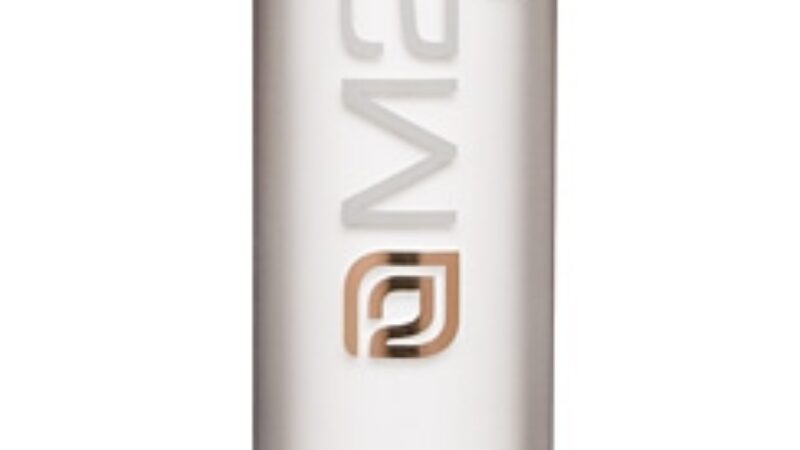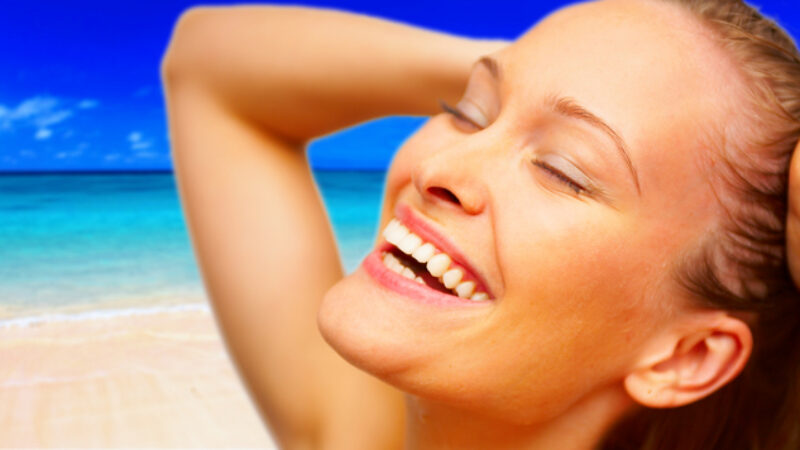Judging by the serious skin care questions that come by our way, we can confidently say that our customers care about what goes on their skin and as well as what goes into their products. Here are some recent queries we’ve received along with answers that we hope you’ll find helpful as well:
1. Can propylene glycol cause acne and pimples?
Propylene glycol is an ingredient that has been used safely in small amounts in cosmetic formulations for many years. It tends to be well-tolerated, but some individuals may be sensitive to this ingredient with various outcomes, such as irritation. Its connection to acne isn’t well documented.
If you are concerned about propylene glycol causing acne, look for products that do not contain this ingredient. You’ll be pleased to hear that many cosmetic companies are opting for propanediol, an ingredient that delivers many similar benefits to propylene glycol, without the side effects. Read more about it here in our blog.
2. What ingredients can replace propylene glycol for sensitive skin care products?
Thanks for your question. You may notice that instead of propylene glycol, many cosmetic and skincare companies are now favoring propanediol. Generally well-tolerated, propanediol has a few advantages, including having a low potential for skin irritation and coming from a renewable resource (corn versus petroleum). It also is hydrating, leaving skin looking soft and dewy. EWG also gives it an overall low hazard rating of 1.
3. I use sunscreen religiously but have noticed lately that I am getting sun spots. Is it possible that the sunscreen has stopped working?
Just like good food for the body, a good sunscreen doesn’t stop being effective if used properly and regularly. Whether you call them sun spots, dark spots or age spots, hyperpigmentation is caused by a number of factors including sun exposure (past and present), skin aging, genetics, hormones (think melasma, particularly during pregnancy) or exposure to other sources of UV radiation such as tanning beds.
While sunscreen can’t always prevent dark spots from developing, it can reduce your chances of developing more and helps to prevent further darkening of existing hyperpigmentation. The key to getting the most benefit from your sunscreen is to use it correctly. Apply enough, and reapply frequently, especially if you sweating or swimming.
While dark spots are relatively common, they tend to be harmless, painless and don’t require medical care. However, if any of these spots show signs of change that may indicate usual cell activity, you may want to have them checked out by your doctor.
4. I’ve heard of sodium hyaluronate being used in an ORAL supplement. Is it safe to ingest? Are there any studies showing its effectiveness if ingested rather than topically applied?
Sodium hyaluronate has long been used as a supplement to treat joint pain in individuals with inflammation, acting as a lubricant and shock absorber in the joints. Oral sodium hyaluronate for skin health has not been extensively studied. Although there have been a few Japanese clinical studies, the research has not been widely available. The jury is still out on its effectiveness as an oral supplement for the skin. Read more about it here in our blog from 2015.
5. What happened to Doak Oil?
Unfortunately, Doak Oil was discontinued by the manufacturers. However, one of our readers (thanks, Alan!) has let us know that he has used Derm Oil from Dermtek Pharmaceuticals and that it “works great”.




